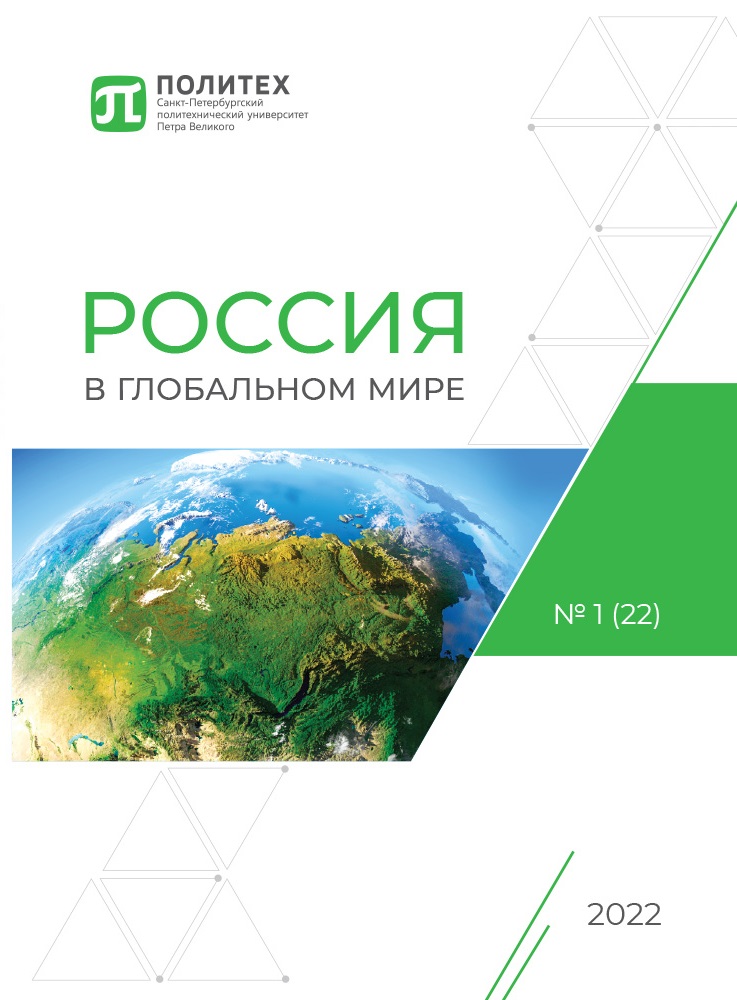Professional ethics in Russian contemporary higher education
The article discusses the sets of skills necessary for a teacher working in an innovative, changing environment. Ethical leadership is the cornerstone of a socially responsible organization, knowledge in the field of ethics and morality is relevant for Russian higher education workers in the context of global changes. In countries where the rivalry of universities in their quest for popularity has a negative impact on the development of moral principles, and education is an exclusively paid service, the process of creating generally accepted values slows down. Hence, teachers as ethical leaders face a moral dilemma: whether to follow all laws, rules, values, and beliefs or to purposefully disobey some of these. The purpose of the article is to reveal the problems of ethical leadership and analyze higher education as “soft power”. In Russian higher educational institutions, the concept of professional ethics is regarded to be of utmost significance in achieving the desired goals and objectives. The study examines innovations and changes in higher education; identifies common challenges for all cultures; examines the ethics of higher education, which is the core of motivational activity of leaders and the importance of leadership; shows the moral problems that organizations need to solve in order to meet high academic standards. The relevance of the creation of professional ethics and the importance of common values, the importance of leadership are emphasized, measures for the improvement and successful implementation of ethical reforms in the Russian community as “soft power” in the context of higher education development are shown.


